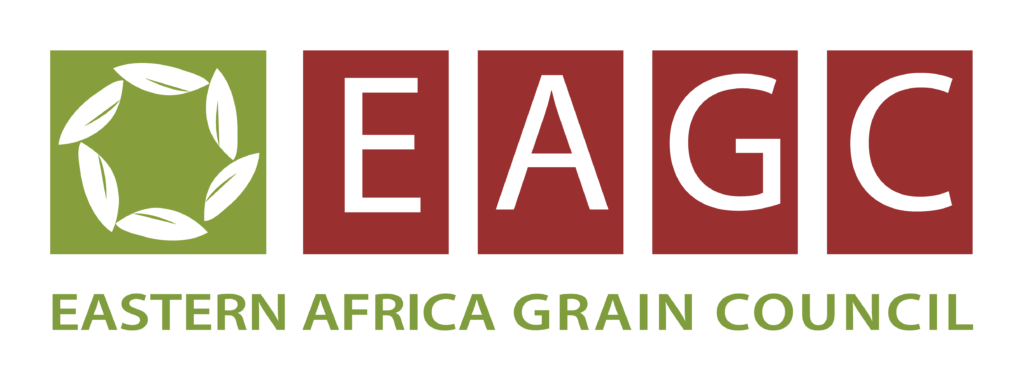EAGC, at a press briefing hosted by the Association of Kenya Feed Manufacturers (AKEFEMA) has joined animal feeds manufacturers and farmers in advocating for Government intervention in the current animal feed crisis in Kenya.
In the recent past, there has been an outcry from the animal feed industry over the persistent rise of the cost of raw material, resulting in feed manufacturers either scaling down or closing down their businesses.
The prices of both grain and by products used in the feed milling have risen by over 40% in the international market.
The animal feed industry through the Association of Kenya Feed Manufactures has been pleading with the government to allow them to import cheaper genetically modified (GM) yellow maize and soy in a bid to drive down the increasing prices. The government only allows for importation of maize that is 100 percent GM-free.
In the recent past, the Cereal Millers Association has implored the possibility of the government lifting the ban on importation of wheat from India in order to bridge the current wheat deficit in the country. The price of maize has also significantly shot up in the recent past consequently increasing the cost of maize by products as maize germ and bran that are used a raw material for animal feed.
Kenya heavily relies on wheat imports from Ukraine and Russia and the ongoing war between Ukraine and Russia has led to Ukraine’s introduction of export quotas on wheat days after Russia temporarily banned shipping out of the commodity, worsening the scarcity of raw materials and hence further increased costs.
EAGC’s Executive Director, Mr. Gerald Masila, during the press briefing, lauded AKEFEMA’s request to Government to :
- Publish the Gazette notice to allow duty free importation of raw materials as per the EU standards.
- Extend the importation period to three years. This is taking into account that the supply and demand disruptions caused by the war in Ukraine, which together with Russia contributes nearly 30% of grain traded globally, are likely to last much longer
- Engage the stakeholders in the livestock sector with a view of re-looking at the livestock feed sector and review the taxation regime, or even provision of subsidy for at least six month until the price stabilizes and drought ceases
- Convene a national stakeholders forum to review the role, use and farming of GMO materials for the exclusive use in the animal feed manufacturing sector.
- That the government allows feed millers to buy the Maize held at National Cereals and Produce Board (NCPB) as strategic reserves (volumes to be confirmed), at a subsidized rates in order to cushion livestock farmers.

